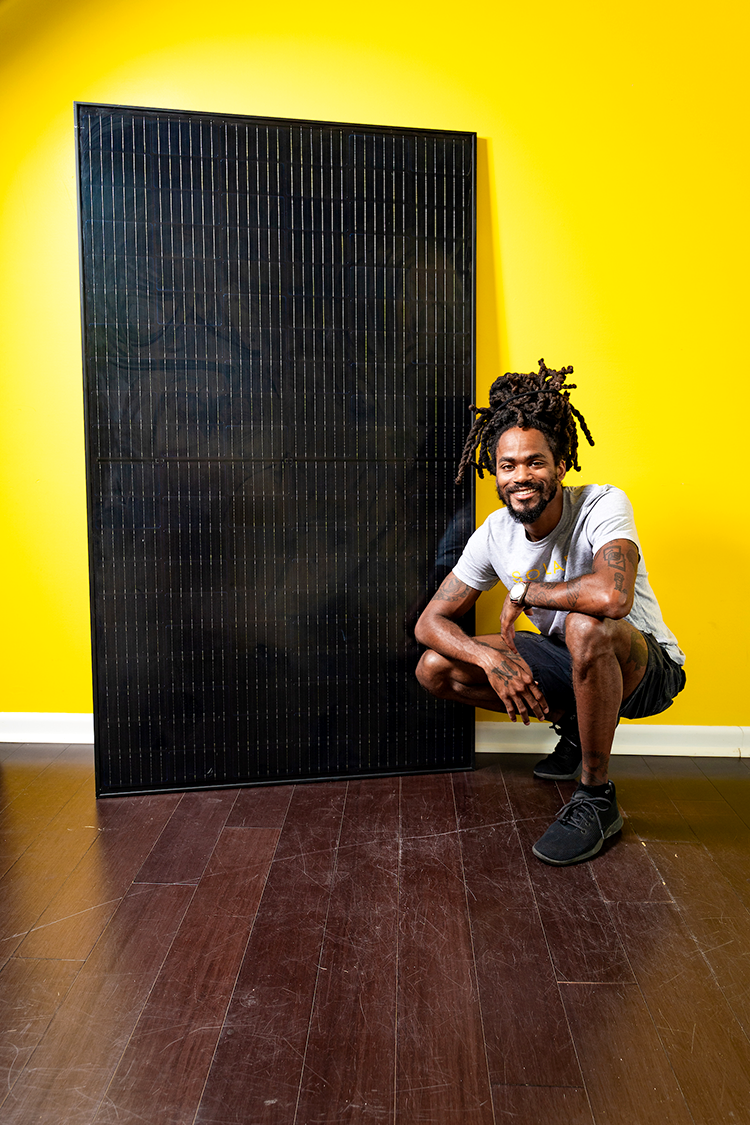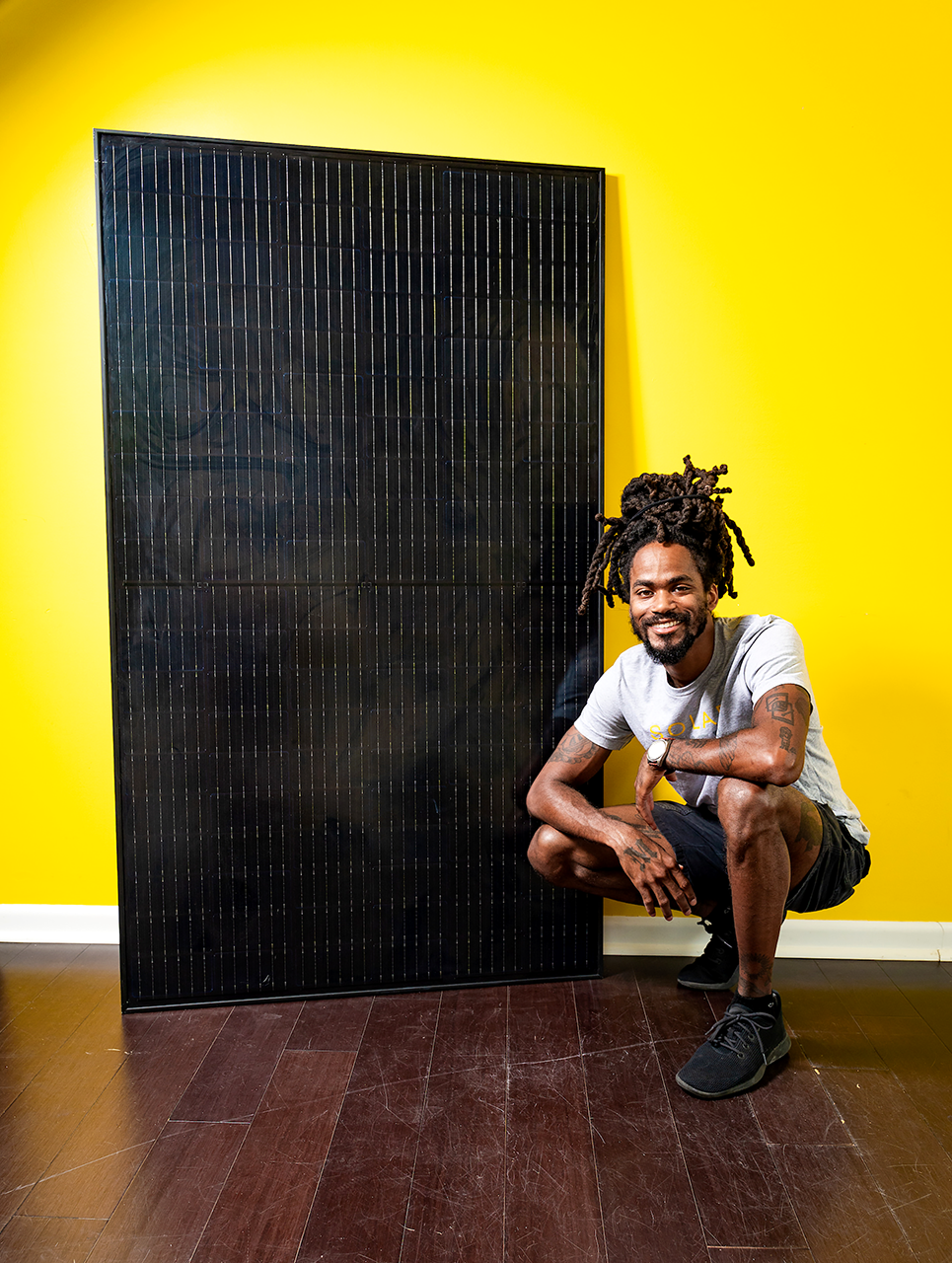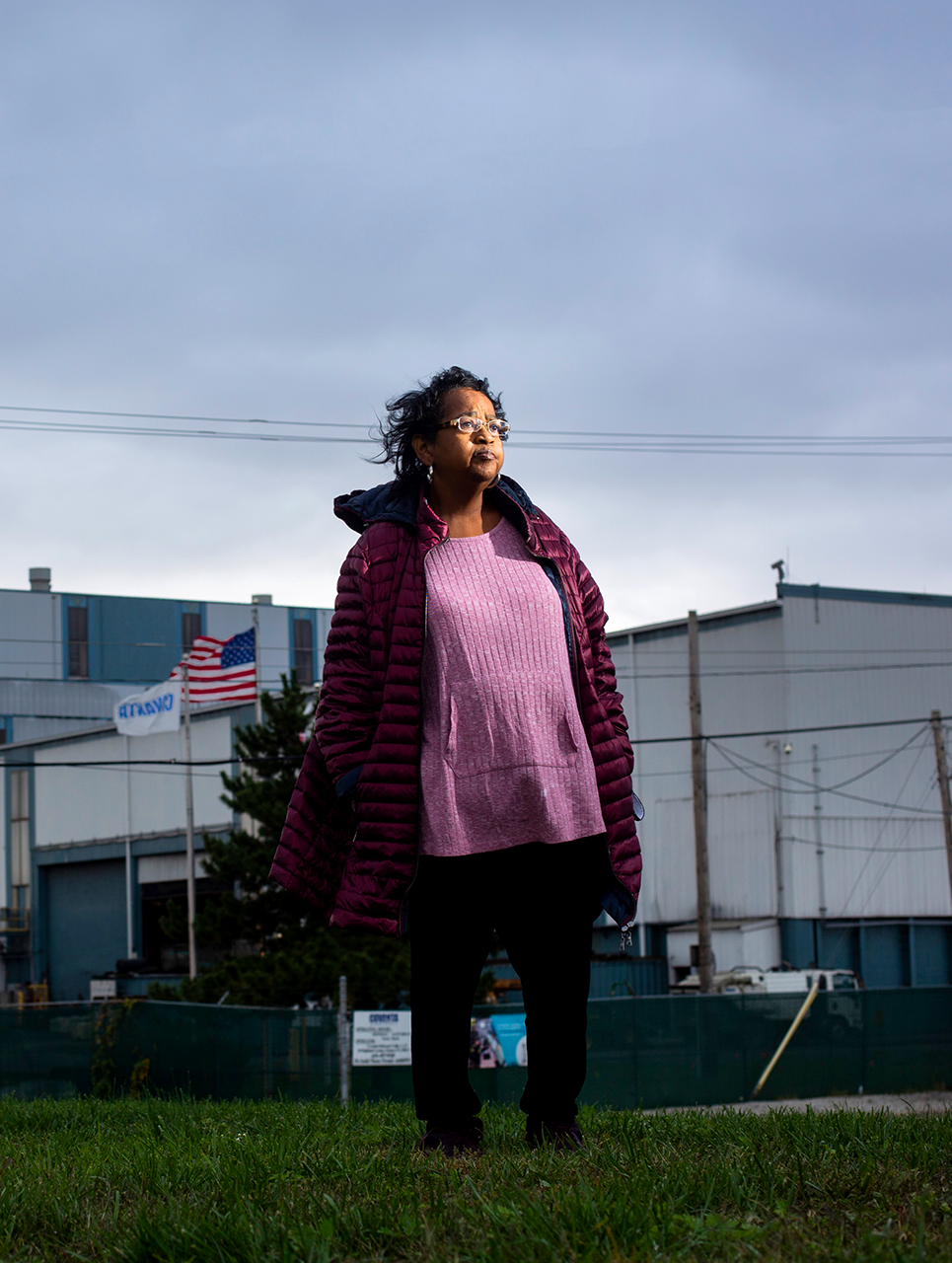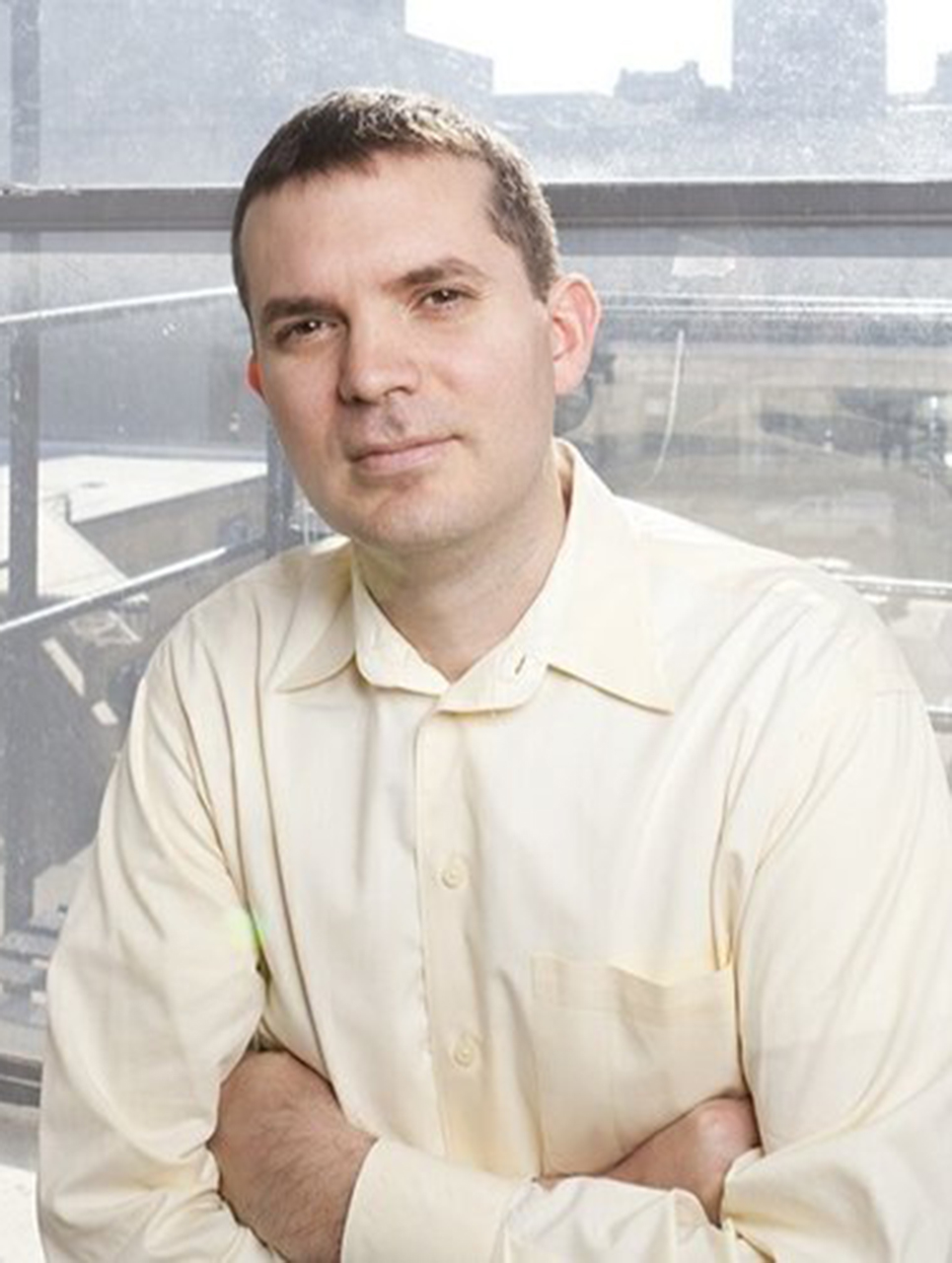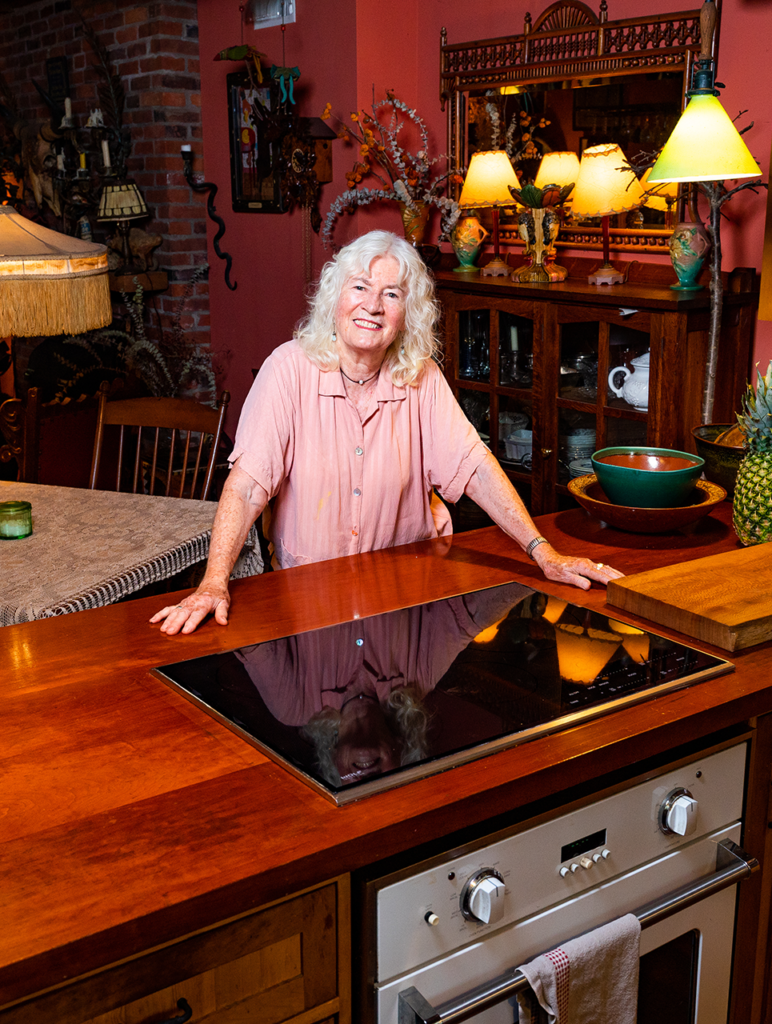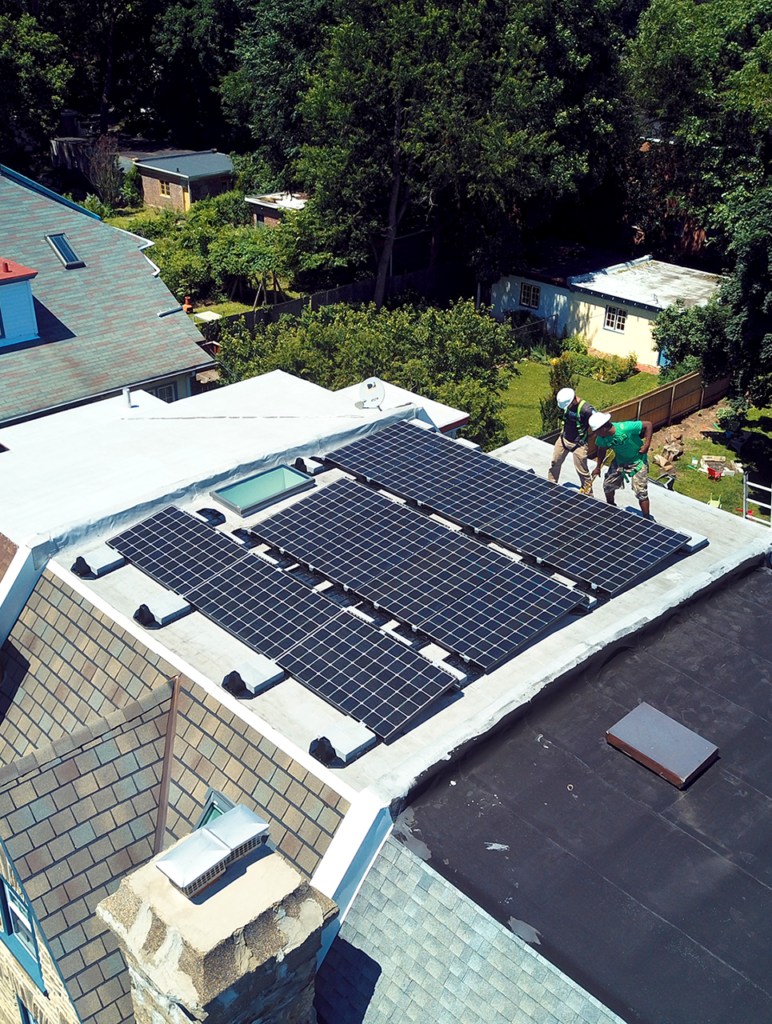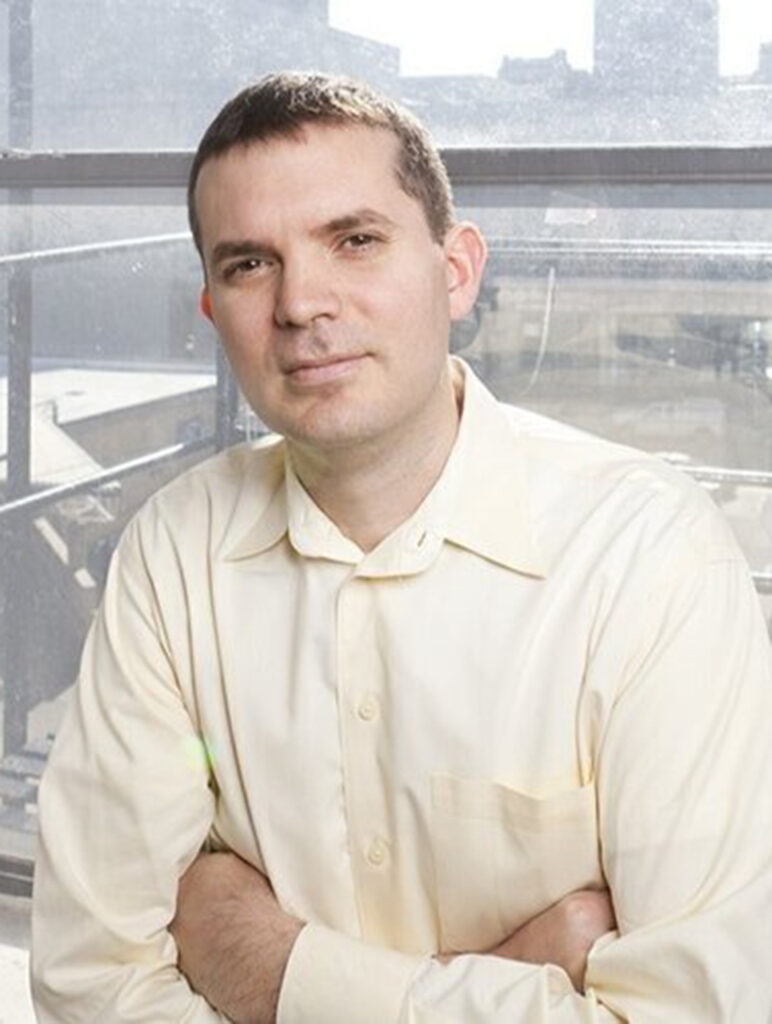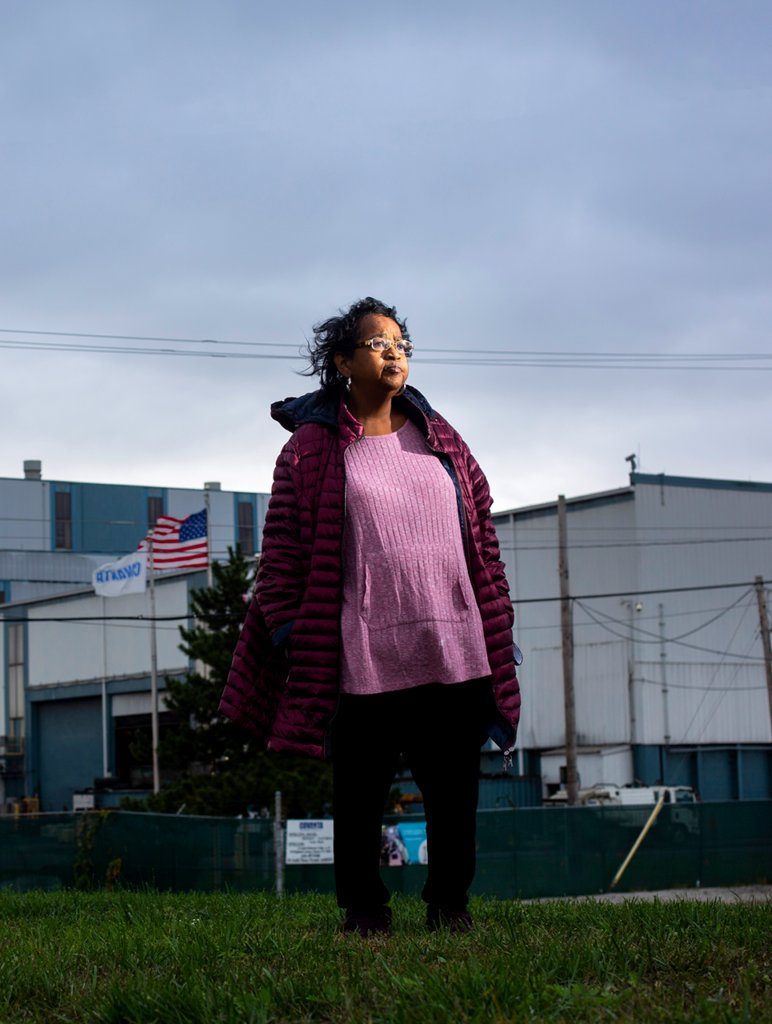The “big story of solar,”according to Micah Gold-Markel, is not about slashing carbon footprints or lowering energy bills.
“Yes, people can save money,” concedes the founder of Solar States LLC. “Yes, they can save the planet, but really they can do the most good because they’re saving their communities with good-paying jobs.”
Inspired by the vision outlined in Van Jones’ bestselling “The Green Collar Economy: How One Solution Can Fix Our Two Biggest Problems,” Gold-Markel founded Solar States in 2008 with a dual mission: to install solar in and around Philadelphia and to serve as an on-ramp to the solar industry for inner-city residents. To that second end, Solar States has formed ongoing educational partnerships with vocational school Philadelphia OIC (Opportunities Industrialization Center), the Philadelphia Energy Authority, the Energy Coordinating Agency and the School District of Philadelphia. The Certified B Corporation has not only hired graduates of these training programs but taken pains to ensure that the company’s growth squares with its commitment to creating stable jobs.
“Up until two years ago,” Gold-Markel says, “our problem was 100% how do we get enough sales to support our staff and to grow our staff and to have full-time work.”
Reliant at the time on outside sources — programs like Solarize Philly and companies that provide leads for a fee — for prospective clients, Solar States experienced a revenue rollercoaster that necessitated corresponding fluctuations in staff size.
“We had to take a hard look in the mirror and say to ourselves, ‘If our model is consistent employment, is scaling up to 40 and then letting 15 people go consistent with that model?’” Gold-Markel recalls. “Clearly the answer was ‘no.’”
So Solar States upped its in-house sales game. Bill McBride came on board in 2020 and, after months of market research and bringing himself up to speed on all things solar, built out the company’s online presence and diversified its marketing efforts. Thanks to McBride’s wizardry and the elevation of the position of sales manager to the leadership team, Solar States attained a self-reliance unprecedented for the company.
“We can bring in enough work to sustain us through our own methods,” Gold-Markel reports.
Solar States still relies, of course, on suppliers to furnish the components of the rooftop arrays it installs. And of course the COVID-19 pandemic wreaked havoc on supply chains worldwide.
“It completely changed our business model,” says Gold-Markel.
Solar States used to employ a just-in-time inventory management method, whereby a supplier partner delivered parts and materials to job sites. Faced in the COVID era with unavailable panels, long wait times for parts, materials arriving behind schedule and/or over budget, the company has started warehousing components like panels and inverters and is looking to acquire more warehouse space.
Throughout the pandemic-induced pivot, Gold-Markel says, Solar States customers have been a bright spot. Sales are through the roof, for one thing.
“People are seeing the instability in both prices for energy and the world,” Gold-Markel figures, “and they’re thinking about how they can insulate themselves against that instability.”
Folks signing contracts with Solar States have been understanding — “amazing,” Gold-Markel insists — when complications arise, like when a promised 360-watt system is no longer available and a pricier 400-watt one has to be substituted or when there’s a year’s wait for the Tesla Powerwall, a rechargeable energy storage device.
Gold-Markel cites Solar States’ dedication to quality as something that sets it apart — something that perhaps contributes to customer goodwill. Solar States has an operations and maintenance team devoted to supporting clients — be that tweaking an installation setup or repairing squirrel damage to power lines — for as long as they own their array.
Susan Smythe of Swarthmore College says the company is “great to work with” on the front end of a project, too. Solar States won the bid to install a 400-kilowatt system on the roof of the college’s renovated dining hall because of their competitive pricing and high-quality panels but also because of their openness to “intense collaboration of the design side. They approached the project like a partnership,” Smythe says.
Customers also choose Solar States because of that business ethos Gold-Markel has striven to cultivate. “From a values perspective there’s an excellent fit,” says Mount Airy resident Steve Weinberg about why he decided to go with Solar States for his installation. “They are locally owned, they do solar education and create local green jobs.”
The solar training program was the best free gift I’ve gotten to date.”
— Marc Shackelford-Rowell, project manager for Solar States
Weinberg was sold on Solar States after he and some neighbors met with energy consultant Marc Shackelford-Rowell in February. A North Philadelphia native who has filled a variety of roles — installer, operations and maintenance crew member, permitting officer, project manager, sales representative — at Solar States since being hired in 2019, Shackelford-Rowell completed the free Smart Energy Technical Training (SETT) program, a collaboration between Solar States and Philadelphia OIC, and interned with the Philadelphia Energy Authority.
“The solar training program was the best free gift I’ve gotten to date,” Shackelford-Rowell says, praising SETT for its accessibility and hands-on instruction. “I’d like to think that being a participant in the SETT program gave me a competitive edge for a lot of the job opportunities I’ve been presented after leaving there.”
Nurturing local talent like Shackelford-Rowell rates high on Solar States’ priority list. Gold-Markel estimates that 90% of Solar States’ 43 full-time employees — whose benefits packages include healthcare and 401(k) plans — are Philadelphians. The starting wage for a Solar States installer is $17 per hour, and the company aims to promote from within and provide opportunities for advancement. One goal is to help more employees get their own electrical licenses.
“We’re here, and we’re growing, and we’re doing it with a model that pays people fairly. This is the type of business that Philadelphians want,” Gold-Markel says. “A lot of people think about solar in terms of environmentalism or saving money, but really it’s all about great jobs for our community. The people we’re hiring are the type of people who wouldn’t have access to these sorts of jobs.”
